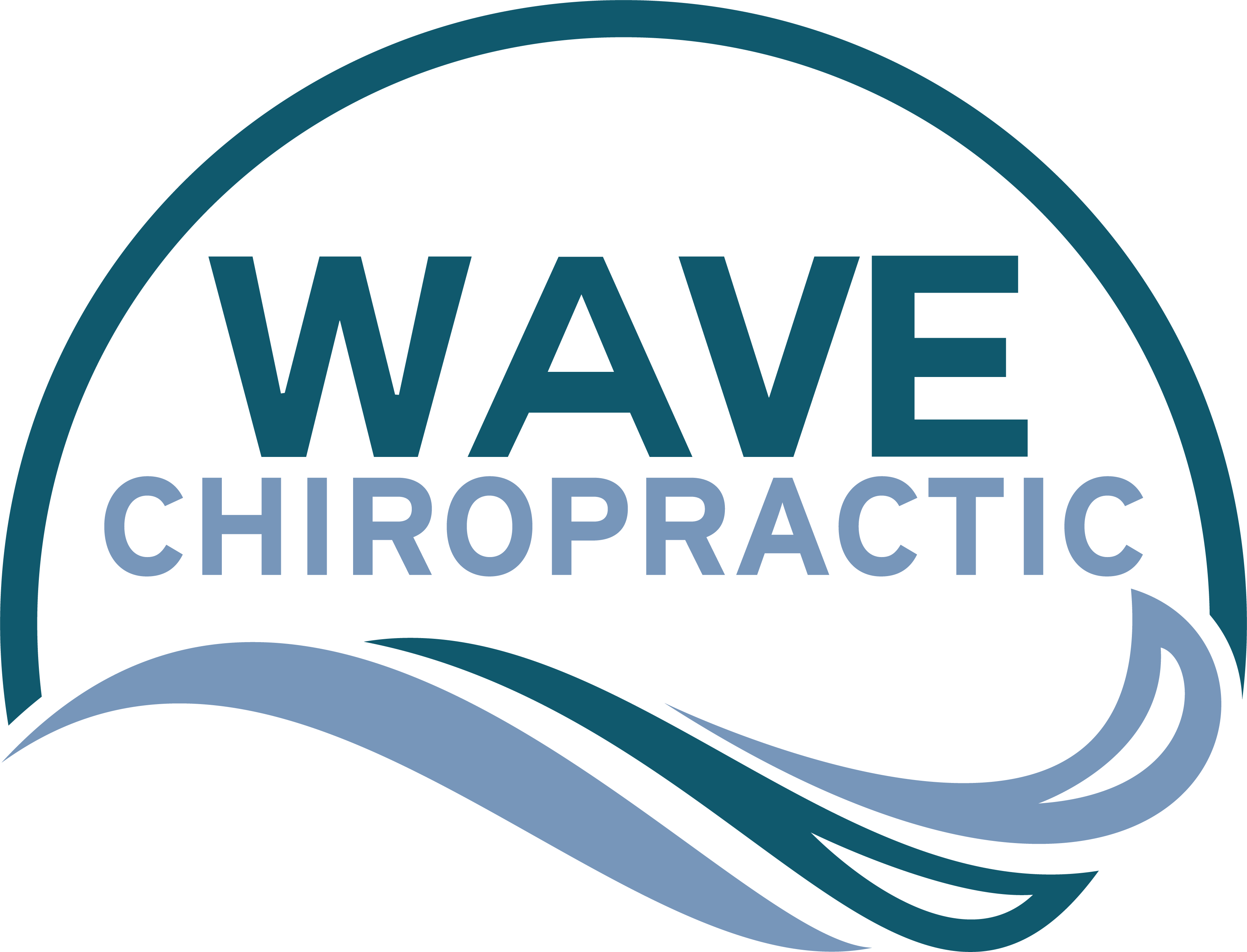To achieve genuine athletic performance, you need a thorough strategy that combines physical training, nutrition, and mental resilience. It's not just about lifting weights or running faster; it's about understanding how all these elements work together to elevate your game. By incorporating proven techniques into your routine, you can access your full potential. But what specific methods should you focus on, and how can they be tailored to your unique goals? The answers might surprise you.
Understanding Athletic Performance
To truly grasp athletic performance, you need to understand the key factors that contribute to success in sports. These factors encompass physical, mental, and technical elements that work together to elevate your capabilities.
You can't overlook the importance of physical conditioning; strength, speed, agility, and endurance are foundational to performance. Regular training, tailored to your specific sport, helps you build these attributes effectively.
Mental toughness is another significant component. You must develop the ability to stay focused, manage stress, and maintain motivation during tough times. Visualization techniques can be particularly useful. Picture yourself succeeding in your sport, and you'll likely enhance your confidence and performance when it counts.
Don't forget about technique, either. Mastering the fundamentals of your sport allows you to execute skills efficiently and effectively. Whether you're perfecting your running form or practicing your shooting technique, consistent practice will lead to improvement.
Nutrition plays an essential role as well. Fueling your body with the right nutrients can greatly impact your energy levels and recovery. Prioritizing hydration and balanced meals guarantees that you're performing at your best.
Lastly, recovery is critical for sustaining high performance. Allowing your muscles to rest and repair is essential for avoiding injury and maintaining overall health. Incorporating rest days and active recovery into your routine will keep you in peak condition.
Importance of Goal Setting
Setting clear objectives is essential for your athletic journey, as it gives you a target to aim for.
Define Clear Objectives
Establishing clear objectives is essential for enhancing athletic performance, as it provides direction and motivation throughout your training journey. When you set specific, measurable, achievable, relevant, and time-bound (SMART) goals, you're laying a solid foundation for improvement.
These objectives serve as a roadmap, guiding your daily workouts and helping you stay focused on what truly matters. Think about what you want to achieve. Whether it's improving your speed, strength, or endurance, defining these goals will help you allocate your time and energy effectively.
Clear objectives also make it easier to break down your larger aspirations into smaller, manageable tasks. This way, you won't feel overwhelmed, and you can celebrate small victories along the way.
Moreover, having well-defined goals allows you to maintain accountability. Share your objectives with a coach or training partner who can encourage you and provide constructive feedback.
As you progress, reevaluating and adjusting your goals is vital, ensuring they remain relevant to your evolving capabilities.
Track Progress Regularly
Tracking your progress regularly is an essential component of achieving your athletic performance goals. By monitoring your advancements, you not only stay accountable but also gain insights into what works for you.
Here are four key reasons why you should make it a habit:
- Identify Strengths and Weaknesses: Regular tracking helps you pinpoint areas where you excel and where you need improvement. This awareness allows for smart adjustments in your training.
- Stay Focused: When you see how far you've come, it keeps you motivated and centered on your objectives. You'll be less likely to stray from your path.
- Set Realistic Goals: By analyzing your progress, you can set achievable short-term and long-term goals. Small victories can lead to significant changes over time.
- Celebrate Achievements: Recognizing your milestones, no matter how small, boosts your confidence and reinforces your commitment to your training.
Incorporating regular progress tracking into your routine can transform your athletic performance journey.
Don't underestimate the power of reflection; it's an essential tool for growth and success.
Stay Motivated Consistently
To stay consistently motivated in your athletic journey, having clear goals is essential. Setting specific, measurable, and achievable goals gives you a roadmap to follow. When you know what you're aiming for, it's easier to stay focused and keep pushing yourself.
Break larger goals into smaller milestones to create a sense of accomplishment along the way. You should also write your goals down and review them regularly. This helps reinforce your commitment and reminds you why you started.
Visualizing your success can further boost your motivation. Picture yourself crossing the finish line, hitting a personal best, or achieving that championship title. Additionally, celebrate your progress. Acknowledge each milestone you hit, no matter how small.
This recognition fuels your desire to keep going. Surround yourself with supportive individuals who share similar aspirations. Their encouragement can make a significant difference in maintaining your motivation.
Lastly, don't be afraid to adjust your goals as needed. Life can throw curveballs, and flexibility helps you stay on track. By staying focused on your goals and celebrating your journey, you'll find the motivation to consistently push yourself in your athletic pursuits.
Effective Training Techniques
In the world of athletic performance, effective training techniques can make all the difference. Whether you're looking to improve your speed, strength, or endurance, incorporating the right methods can elevate your game.
Here are four proven training techniques you should consider:
1. Interval Training: This involves alternating short bursts of intense effort with periods of rest or lighter activity. By pushing your limits, you'll enhance your cardiovascular fitness and improve your anaerobic capacity.
2. Strength Training: Don't underestimate the power of lifting weights. Incorporating resistance training into your routine not only builds muscle but also increases your overall power and reduces the risk of injury.
Aim for compound exercises like squats and deadlifts to engage multiple muscle groups.
3. Sport-Specific Drills: Tailor your training to mimic the movements you'll perform in your sport. This targeted approach helps develop the specific skills and muscle memory needed to excel in your discipline, whether it's sprinting, swimming, or playing soccer.
4. Active Recovery: Recovery is just as essential as training. Incorporate low-intensity activities, like yoga or light jogging, into your schedule.
This helps your body heal while keeping you active, ensuring you're ready for your next intense session.
Nutrition for Peak Performance
Nutrition plays an essential role in achieving peak athletic performance. The food you consume directly impacts your energy levels, recovery, and overall performance. To maximize your potential, focus on a balanced diet rich in carbohydrates, proteins, and healthy fats.
Carbohydrates are your primary source of energy, so incorporate whole grains, fruits, and vegetables into your meals. They'll fuel your workouts and help you maintain endurance.
Protein is vital for muscle repair and growth. Aim for lean sources like chicken, fish, beans, and legumes. Consuming protein after your workouts can enhance recovery and promote muscle synthesis, so don't skip that post-training snack.
Healthy fats, found in foods like avocados, nuts, and olive oil, support hormone production and can provide sustained energy during longer exercises.
Hydration is another key component of your nutrition strategy. Dehydration can lead to decreased performance and increased fatigue, so drink plenty of water throughout the day. During intense workouts, consider electrolyte-rich drinks to replenish lost minerals.
Timing your meals also matters. Eating a balanced meal two to three hours before exercising gives your body the fuel it needs. A small snack, like a banana or energy bar, can be helpful 30 minutes before a workout.
Lastly, listen to your body. Everyone's nutritional needs can vary based on factors like metabolism and activity level, so fine-tune your diet to find what works best for you. By prioritizing nutrition, you'll set yourself up for success in your athletic endeavors.
Mental Strategies for Success
Mastering mental strategies can make all the difference in your athletic success. Your mindset is just as important as your physical training. By focusing on the mental aspects of performance, you can enhance your resilience, motivation, and overall effectiveness.
Here are four key strategies to take into account:
- Visualization: Imagine yourself succeeding in your sport. Picture every detail, from the sounds of the crowd to the feel of your equipment. This mental rehearsal can build confidence and prepare you for competition.
- Positive Self-Talk: Replace negative thoughts with positive affirmations. When doubts creep in, remind yourself of your strengths and past achievements. A simple mantra, like "I am strong and capable," can shift your mindset and improve your performance.
- Goal Setting: Set specific, measurable, achievable, relevant, and time-bound (SMART) goals. Break your larger objectives into smaller, manageable steps. This won't only keep you focused but also provide motivation as you achieve each goal along the way.
- Mindfulness and Breathing Techniques: Practice mindfulness to stay present during your performance. Deep breathing can help calm your nerves and keep anxiety at bay. Take a moment before a big event to center yourself and focus on your breath.
Recovery and Injury Prevention
Recovery and injury prevention are fundamental components of any athlete's training regimen. You can't push your limits constantly without giving your body the time it needs to heal and adapt. Incorporating recovery strategies into your routine not only enhances performance but also minimizes the risk of injury.
First, prioritize rest days. These are essential for muscle repair and growth. Listen to your body—if you're feeling fatigued or sore, take a break.
Active recovery, like light stretching or low-intensity activities, can also aid in recovery without putting too much strain on your muscles.
Hydration plays a critical role in recovery too. Make sure you're drinking enough water before, during, and after your workouts. Proper hydration helps reduce muscle soreness and promotes overall recovery.
Don't forget about nutrition; fueling your body with the right nutrients post-workout aids in muscle repair. Focus on proteins and carbohydrates for ideal recovery.
Injury prevention techniques, such as proper warm-ups and cool-downs, can't be overlooked. Always warm up before your training sessions to prepare your muscles and joints.
Stretching after your workout helps maintain flexibility and reduces the risk of injuries.
Finally, consider cross-training. Engaging in different sports or activities can help strengthen various muscle groups and reduce repetitive strain injuries.
Tracking and Analyzing Progress
Tracking your progress is essential for any athlete looking to improve performance and achieve their goals. By keeping a close eye on your advancements, you can identify what's working and what needs adjustment. Here are some effective ways to track and analyze your progress:
- Set Clear Goals: Define specific, measurable, achievable, relevant, and time-bound (SMART) goals. This gives you a solid benchmark to track against.
- Use Technology: Leverage apps or wearable devices that monitor your workouts, heart rate, and recovery times. Data analytics can provide insights that you might miss otherwise.
- Maintain a Training Journal: Write down your daily workouts, nutrition, and how you felt during each session. This not only helps track your progress but also allows you to reflect on your journey.
- Regular Assessments: Schedule periodic evaluations, like fitness tests or skill assessments, to measure your improvements. This helps you stay accountable and motivated.
Analyzing your progress isn't just about numbers; it's also about understanding how you feel and perform. Take the time to review your data regularly, and don't hesitate to adjust your training plan if something isn't working.
Conclusion
To truly achieve your athletic potential, embrace a holistic approach that combines effective training, smart nutrition, and mental strategies. Set clear, achievable goals and stay committed to your progress. Prioritize recovery and injury prevention to keep yourself in top shape. By integrating these techniques into your routine, you'll not only enhance your performance but also cultivate resilience and focus. Remember, consistency is key—stay dedicated, and you'll see the results you're working towards.

